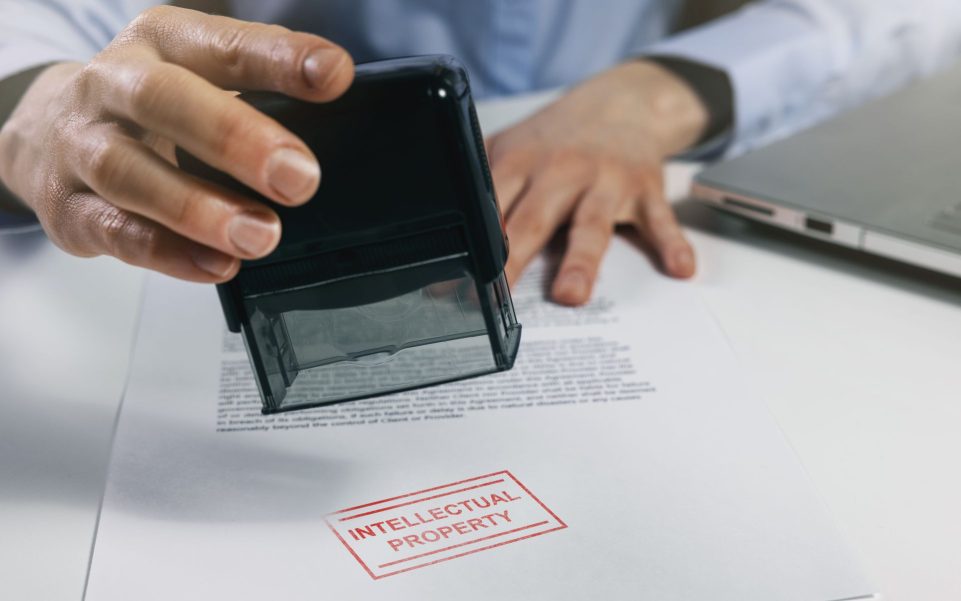Management of intellectual property in UK

Property constitutes the foundation of any economic system and is a set of legal and economic relations that are associated with the possession, management, and use of tangible and intangible assets.
Intellectual property is one type of property. It is a key to running a business in modern economic conditions since it stimulates creativity and innovation.
Intellectual property (IP) comprises the intangible assets of an individual or a legal entity. Here are some examples of IP:
- Copyright — rights to create and use literary, artistic, music, and other creative works. The copyright allows authors to get income from the sales of their works. To get this type of rights, it is enough to be identified as an author of a particular work (on a canvas, book cover, etc.). These exclusive (intellectual property) rights are guaranteed for 70 years after the author’s death. Then, creative works become freely available to the public.
- Patents — rights to inventions. A patent holder can stop other people from using their know-how without their permission as well as gift or sell their patent. As a rule, a patent is granted for 20 years after the application is approved. Patents protect inventors from competition and allow them to control the use of their inventions.
- Trademarks — symbols that are used for identification of the company’s goods and services. A trademark can be a word, a phrase, a picture, or a combination of the above. Trademarks protect the company’s brand and raise its awareness. In the UK, there are 45 classes of trademarks, each with a different registration fee.
- Design rights — rights to original design of products: logo, packaging, web design, marketing materials, and other design elements. Design rights may include copyright, patents, and trademarks. They protect designers from illegal copying and use of their work by other people.
- Trade secrets — confidential information that belongs to a company and is used to its advantage. A trade secret can be a production method of a particular product or marketing methods that are not publicly known and have a commercial value. Trade secrets are protected by law and cannot be disclosed without official permission from their owners.
In the United Kingdom, IP is protected by law that covers patents, copyright, trademarks, and design rights. There also exist organisations, such as the UK Intellectual Property Office and the Intellectual Property Enterprise Court, that register and protect IP. If an IP right is violated, its holder can apply to the court to get compensation for the suffered losses.
Effective management of intellectual property
Management of intellectual property is an important aspect of any corporate strategy. A company needs to develop its own IP strategy and introduce it into a business plan. This will allow the company to protect their intangible assets and maximise profit.
If you want to develop an effective IP strategy, start by asking yourself these questions:
- Who can support you in developing your IP strategy?
- How can finances be used efficiently?
- Do you need to get an IP licence?
- How can you get full legal protection for your intangible assets?
- What are the UK taxes on IP?
- What risk management plan can minimise risks for your intangible assets?
Management of intellectual property in various jurisdictions
It is important to understand that the management of IP in various jurisdictions differs significantly. Requirements for registration certificates, application processing time, registration fee, and other IP-related matters can vary even within the UK, for example, between Great Britain and Northern Ireland.
Each jurisdiction offers allowances for IP management that include favourable VAT rates, special benefits for scholars and researchers, double taxation agreements, etc.
To understand the complicated UK’s IP management system, it is recommended to contact experienced advisors. They will help you decide on the type of intellectual property that needs to be protected, develop an IP strategy, advise on the most favourable registration conditions for your trademark or patent, and provide consultations on all the matters and rules related to IP.
FAQs about management of intellectual property
What is the UK Intellectual Property Office?
The UK Intellectual Property Office (IPO) is a UK government body that is responsible for the registration and protection of intellectual property. It was founded in 1852 and grants patents, trademarks, and design rights. The IPO also provides consultations on all the matters related to IP and the protection of your rights in this realm.
What is the Intellectual Property Enterprise Court?
The Intellectual Property Enterprise Court (IPEC) is a UK judiciary body that was created in 1990 and specialises in IP disputes. The IPEC provides accessible and quick legal protection of intangible assets for the UK small and medium-sized enterprises.




